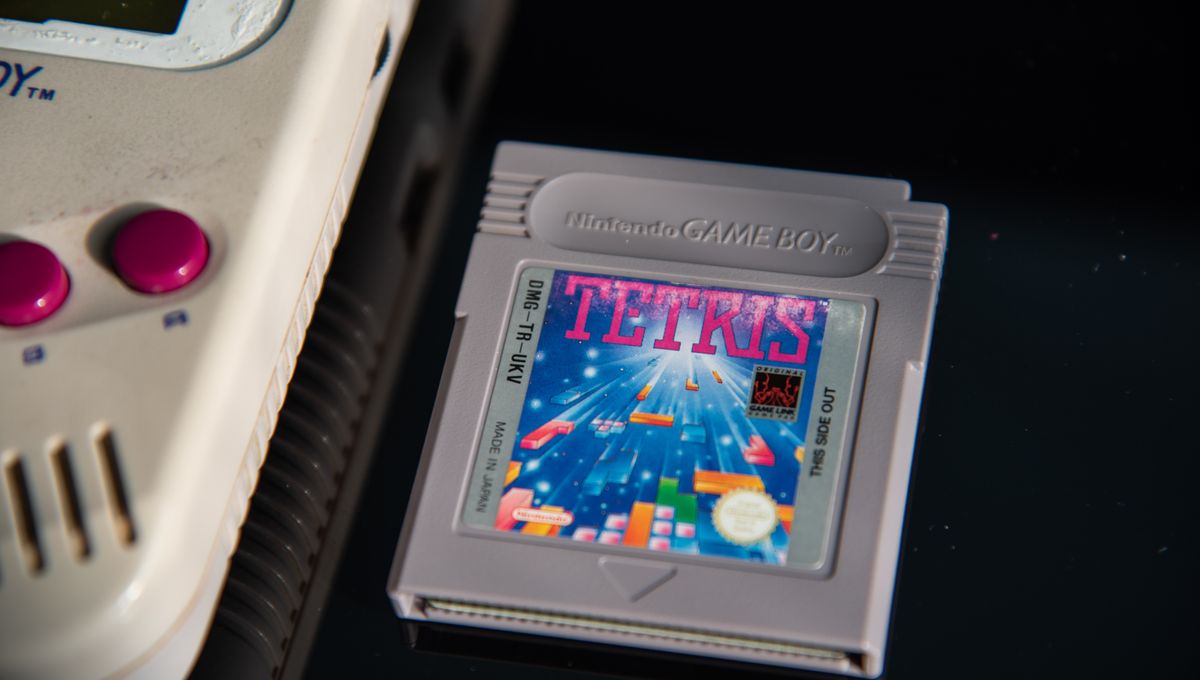
A session of treatment including playing Tetris for just 20 minutes has been shown to reduce the severity of post-traumatic stress disorder (PTSD) symptoms for up to six months in healthcare workers. It’s unclear exactly how the iconic game produces these therapeutic effects, although researchers believe that “mental rotation” – whereby players visualize falling blocks from different angles – may interfere with intrusive visual memories and disrupt traumatic flashbacks.
Treatments designed to work via this mechanism are known as imagery-competing task interventions and have shown promise in several previous studies. For instance, a paper published in 2018 showed that playing Tetris immediately after experiencing a motor vehicle accident reduced intrusive memories by 62 percent.
Now, researchers have demonstrated similar benefits among Swedish healthcare professionals who experienced work-related trauma during the COVID-19 pandemic. Amazingly, participants played the game just once, yet experienced improvements that persisted for half a year.
A total of 164 individuals took part in the study, which required them to keep a diary of their trauma-related intrusive memories for a period of five weeks. At the start of the trial, participants reported an average of 15 such flashbacks per week.
During the single intervention, patients were prompted to briefly focus on the visual component of a trauma memory. Half of the participants were then asked to play Tetris for 20 minutes, while the other half listened to a podcast about philosophy.
By the end of the five-week diary-keeping phase, those who had played the famous block-stacking game experienced an average reduction in intrusive memories of 85.9 percent, with half reporting no flashbacks at all. Overall, participants in the Tetris group had an average of one intrusion per week at this primary endpoint, while those in the podcast group experienced five flashbacks per week.
Follow-up assessments were then conducted at both three and six months after the intervention. According to the researchers, Tetris-playing participants continued to experience about half as many PTSD-related symptoms as those who listened to the podcast at the half-year mark.
“At six months, [the Tetris group] showed better functioning at work […] and better general functioning,” write the authors, revealing that participants who hadn’t played the game experienced higher rates of burnout as well as concentration and memory problems.
“It was surprising to us that the treatment method was so effective and that the improvement in symptoms lasted for six months,” commented Professor Emily Holmes, who led the study, in a statement. “I realize that it may seem unlikely that such a short intervention, which includes video games but doesn’t include an in-depth discussion of trauma with a therapist, could help.”
While the study didn’t seek to investigate the mechanism by which playing Tetris alleviates traumatic flashbacks, the researchers explain that mental rotation is “theorized to compete with the same cognitive resources as the mental imagery underlying intrusive memories.”
“With just one guided treatment session, we saw positive effects that persisted after five weeks and even six months after treatment,” said Holmes. “If this effect can be achieved with an everyday tool that includes video gaming, it could be an accessible way to help many people,” she added.
The study is published in the journal BMC Medicine.
Source Link: Treatment Including Playing Tetris Helps Reduce PTSD Symptoms In Healthcare Workers